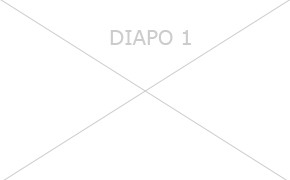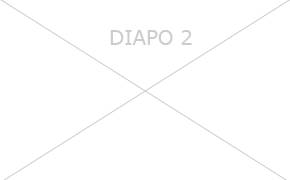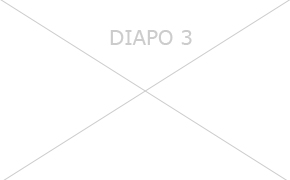Emissions in France come largely from road transport, accounting for 94% of the total. This reflects the sector’s central role—88% of freight and 85% of passenger travel—and its dependence on fossil fuels, with most vehicles powered by petroleum-based engines. Road transport faces two urgent challenges: reducing air pollution and decarbonizing to limit climate impact.
Legislative frameworks like the Energy Transition Law for Green Growth (2015) and the Mobility Orientation Law (2019) promote measures such as Crit’Air certification and Low Emission Zones (ZFE-m), gradually restricting the most polluting vehicles. National and European regulations also require transport operators to publish GHG emission data, reinforcing transparency.
Vehicle and energy markets are diversifying, with alternatives including hybrid, battery electric, and hydrogen fuel cell vehicles, as well as renewable fuels like biodiesel (B100), HVO, and biogas. This makes fleet renewal complex, with choices influenced by technology, cost, regulations, and environmental objectives.
IFPEN and ADEME developed Verdir ma Flotte (VMF), a platform comparing TCO and GHG emissions across fuels and powertrains for various vehicle types. While useful at the unit level, VMF does not support fleet-wide optimization under uncertainty, where shared costs like infrastructure or maintenance must be considered across the entire fleet.
This postdoctoral research aims to develop a robust optimization framework for strategic fleet renewal under deep uncertainty. It will support decision-makers in determining when and how to replace vehicles—choosing the optimal year and energy type—while balancing GHG reduction targets with CAPEX and OPEX constraints.
Two main tasks:
1.Modeling and analysis of uncertainties
- Review energy scenarios to define bounding techno-economic futures
Identify key uncertainties (energy prices, technology readiness, regulations) and structure the uncertainty space - Conduct sensitivity analyses on TCO, GHG emissions, and fleet strategies, accounting for shared CAPEX and OPEX
2.Robust optimization of fleet renewal strategies
- Formulate a fleet-wide optimization model integrating vehicle-level choices and shared costs
- Define objectives and robustness criteria to minimize emissions, CAPEX, and OPEX while managing risks
- Develop and benchmark advanced optimization methods
- Apply and validate the framework on realistic fleets using extended Verdir ma Flotte datasets
This work will build on recent studies in low-carbon fleet renewal and optimization under uncertainty. This research will provide both theoretical and practical contributions to robust decision-making in fleet decarbonization, supporting the shift from pedagogical tools to actionable, fleet-wide planning instruments in a rapidly evolving regulatory and technological landscape.
Le poste est partiellement télétravaillable
PhD in operations research, applied mathematics, industrial engineering, or a related field, with a strong focus on optimization.
For further information and to apply, please contact: pierre.michel@ifpen.fr

 Je me crée un espace candidat
Je me crée un espace candidat






